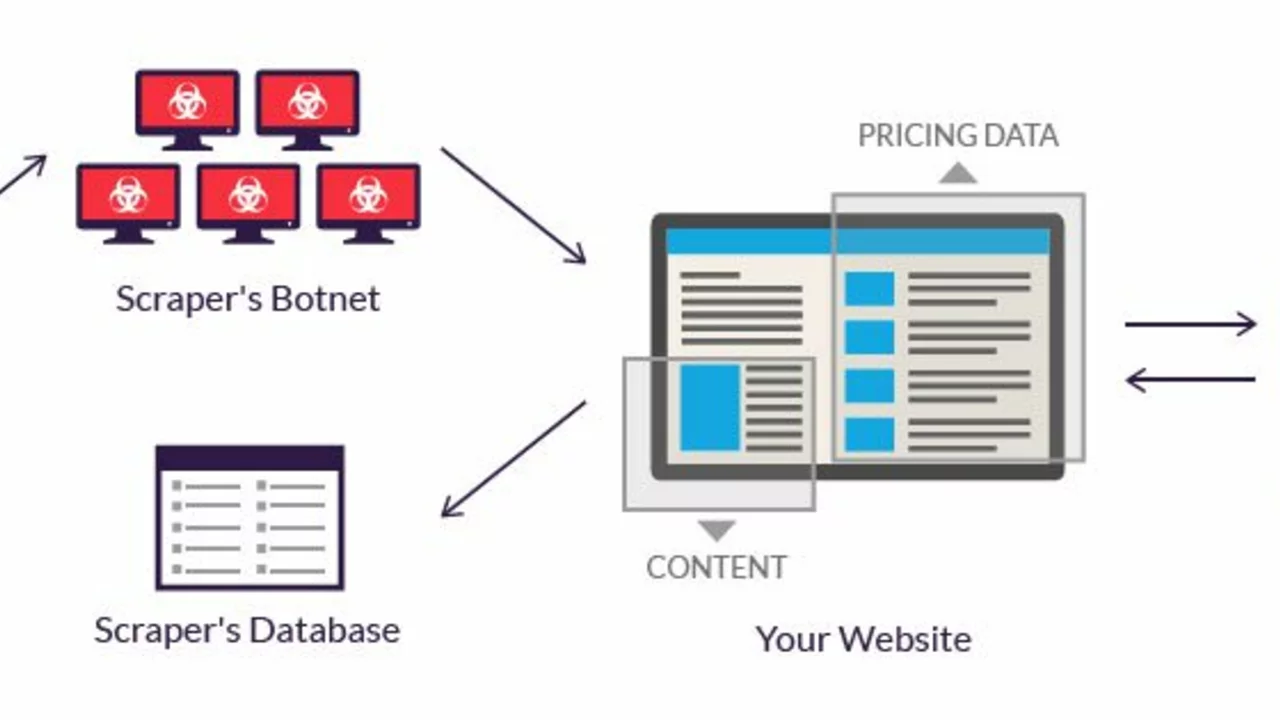Understanding the Basics of Web Scraping
Before we delve into the specifics of scraping social networks and blogs, it's crucial to first understand what web scraping is. Web scraping is an automated method used to extract large amounts of data from websites. The data on the websites are unstructured, and web scraping enables us to convert that data into a structured form.
There are different tools available to scrape data from a website. These tools are helpful if you need to gather some information for your work, or if you're going to learn about scraping and data analysis. However, not all forms of web scraping are legal or ethical. This brings us to the question: 'Can I scrape social networks and blogs?'
The Legality of Scraping Social Networks and Blogs
Is it legal to scrape social networks and blogs? The answer is not as clear-cut as you might think. Legally, it can be a gray area. On one hand, accessing publicly available information seems like it should be fair game. On the other hand, terms of service for many social networks and blogs explicitly prohibit this kind of behavior.
For instance, Facebook’s Robotic Process Automation Policy states that the collection of users' content or information using automated means is prohibited. The legality can also depend on the jurisdiction in question, as different countries have different laws regarding data privacy and copyright.
Ethical Considerations of Web Scraping
Aside from the legal aspects, there are also ethical considerations to keep in mind when scraping data from social networks and blogs. Firstly, scraping data can infringe on the privacy of the individuals whose information is being scraped. Even if the data is publicly available, that doesn't mean the person has given their consent for their information to be used.
Furthermore, scraping can also result in a significant burden on the servers of the website being scraped. This can slow down the site or even cause it to crash, affecting the site's ability to serve its users effectively. Therefore, even if the scraping action is not illegal, it can still be considered unethical.
How to Scrape Responsibly
If you decide to proceed with scraping data from social networks and blogs, it's essential to do so responsibly to minimize any potential legal or ethical issues. One way to do this is to make sure you're not scraping too much data too quickly. This can help avoid putting excessive strain on the server.
Another strategy is to only scrape publicly available data and avoid any data that might be considered private or sensitive. It's also a good idea to check the website's "robots.txt" file to see if the site owner has specified any rules about scraping.
Alternative Methods for Data Collection
Instead of scraping data, consider alternative methods for data collection that might be more legal and ethical. For example, many social networks and blogs have APIs that allow for data to be accessed in a structured way. Using an API is typically much more acceptable than scraping, as the data returned is meant to be accessed programmatically.
Another option is to ask for permission to use the data. This might be more time-consuming, but it can help ensure you're respecting the rights of the data owners. Finally, there are also many datasets available online that are free to use for analysis and learning purposes.
